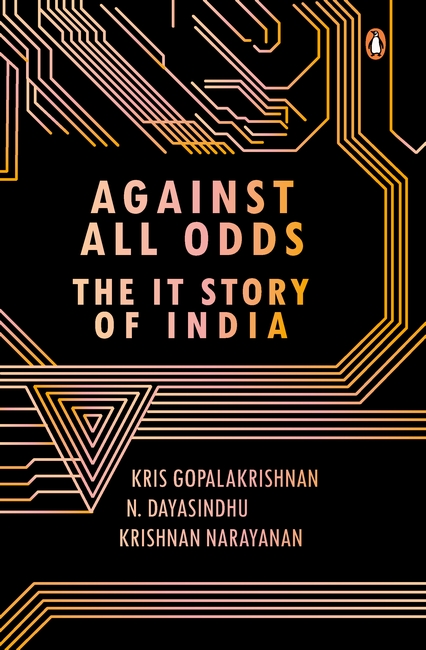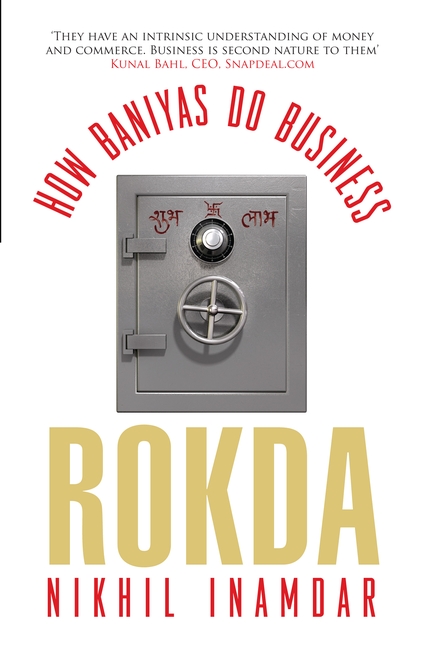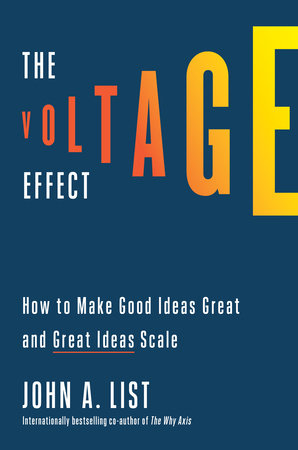
I first heard about this book when one of the doctoral program alumna of IIMB, Dayasindhu, shared the book he had written on the WhatsApp group. As someone who is excited by history and likes to read about it, I wanted to get my hands on this as soon as I could. I thought this would have several overlaps with the other book by Kiran Karnik about the NASSCOM, but I was pleasantly surprised there was little to no repetition.
The book is written by 3 authors—Kris Gopalkrishnan, N. Dayasindhu, and Krishnan Narayanan. Dyasindhu and Krishnan are founders of the itihaasa Research and Digital, which has been working on the IT history project for quite some time. This book is possibly the most comprehensive story about the evolution of the IT industry in India, right from the import of the systems at various IITs through to the proliferation of the IT companies across many metros. I have read a few books (mostly anecdotal and personal accounts) about the IT history in the country, but this one scores it very high on the documented history. The authors take you on a wonderful journey.
If you are looking to learn about the IT industry’s trajectory over the years, This is possibly where you need to start and then fit the other personal narratives into the story.
Happy Reading!






